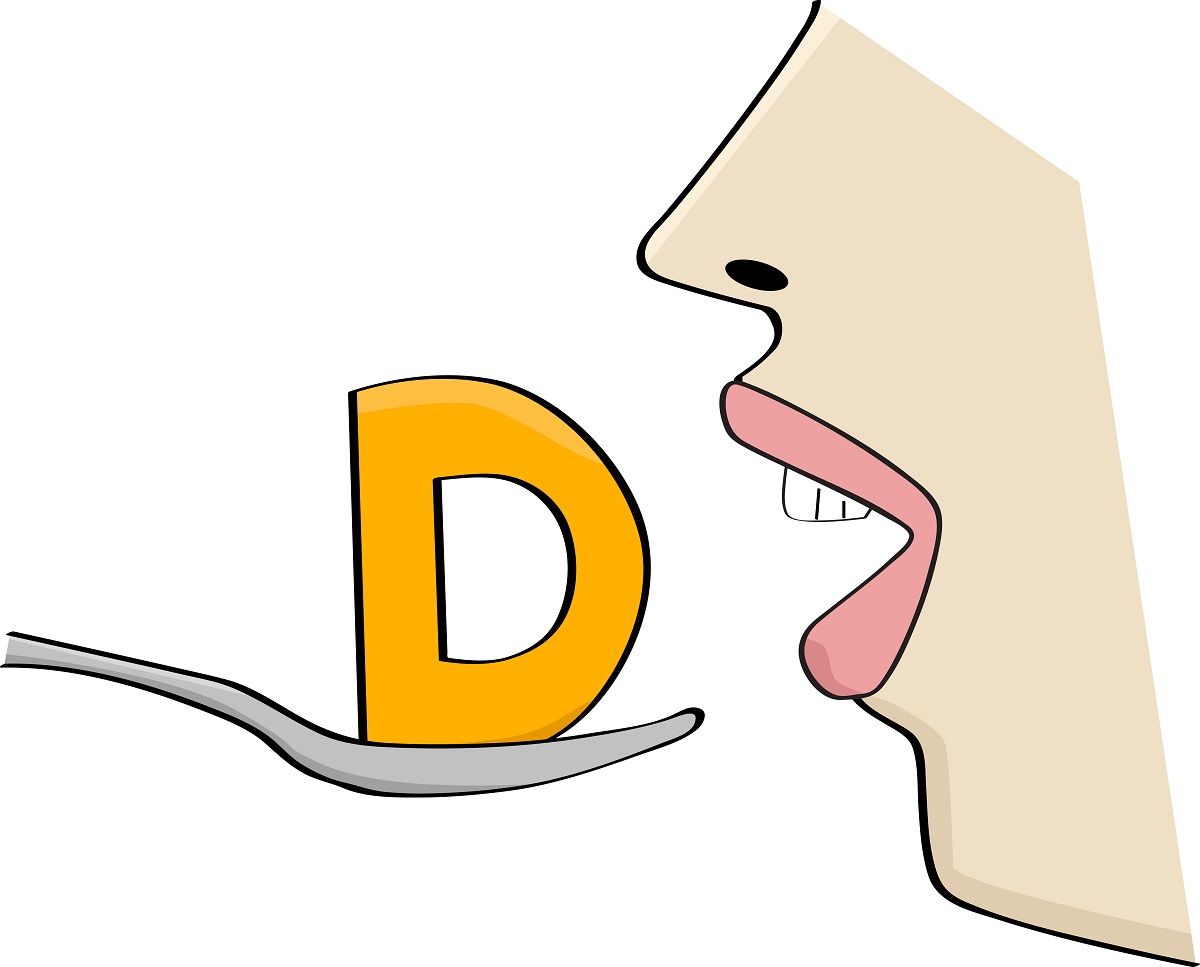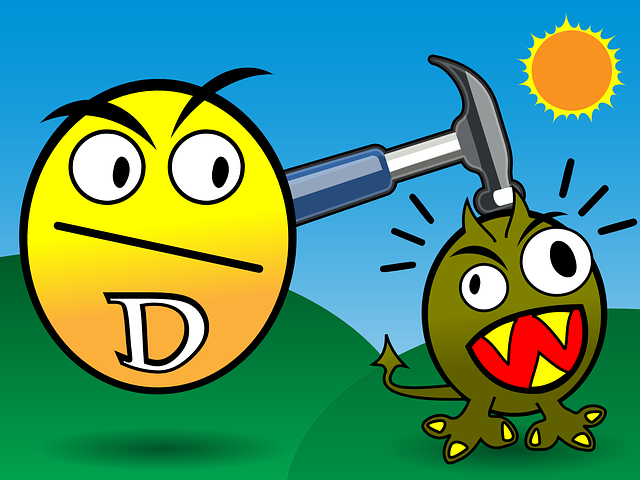
Vitamin D and COVID-19 – Can It Lower Your Risk?
The COVID-19 crisis is giving many sleepless nights. Many are looking for ways to build up their immunity in order to lower their chances of getting infected. Reports suggest a relationship between vitamin D and COVID infection – one where vitamin D protects you against it.
I thought I would explore the existing literature today.
The COVID-19 Crisis
You will be aware that the COVID-19 infection, also called SARS CoV-2, is a viral infection that is sweeping our planet and affecting many. It acts through numerous mechanisms, leading to fever, cough, loss of taste and smell, body pain, and in some cases diarrhoea and vomiting.

Even those taking precautions are getting affected, mostly because some people around them are not.
The only way to prevent this infection effectively is to practice social distancing, wash your hands regularly with soap and water at home, use a sanitizer with at least 70% alcohol when you are out of the house, and of course, to wear a tight-fitting mask.
Staying healthy is also essential to build up immunity against the coronavirus infection. Regular exercise, a healthy balanced diet with plenty of fruits and veggies, and a good night’s sleep is of paramount importance.
A good intake of vitamins and minerals is needed to keep our immune system at full guard. Vitamin D has a role to play in this.
The Role Of Vitamin D In Immunity
Vitamin D has been primarily recognised as a vitamin essential for bone health. Vitamin D and calcium work as a pair in strengthening our bones, keeping them healthy and preventing fractures.
Interestingly, vitamin D also helps boost your immunity. This is in fact old news, with vitamin D supplements (in cod liver oil) being previously used to treat lung tuberculosis .
Our immune system consists of various types of cells. These include monocytes, dendritic cells, B cells, T cells, and macrophages. Each of these have a role to play when fighting viral infections, including COVID-19.
On the surface of these cells are tiny receptors called Vitamin D receptors, or VDR. When the immune cells move to sites within the body where there is inflammation, the vitamin D binds to the VDR, forming a complex.
This complex moves into the nucleus of the immune cell, where it modifies the genes and produces antimicrobial compounds like defensin and cathelicidin.
This phenomenon leads to lower production of harmful products called cytokines. Cytokines are generally released in large quantities in COVID-19 infection, overwhelming the body and leading to rapid deterioration of patients.
This burst of cytokine release is called cytokine storm. Vitamin D can lower this significantly.
There are many other mechanisms through which vitamin D can boost immunity. I will not be discussing them here as it is out of the scope of this article.
Vitamin D versus Common Cold
The common cold is probably the most ‘common’ infection us humans suffer from. Visits to the doctors are mostly due to runny nose and chest congestion, especially in the rainy and cold winter months.
Studies have found that a dose of 400 IU per day of vitamin D can build up immunity against chest infections. Doses up to 2000 IU per day have also been advised.
The benefits have been seen in both adults and children.
In children, a combination of regular vaccinations and vitamin D supplementation has been found to boost immunity against respiratory tract infections. It also reduces the chances of needing antibiotics.
However, the benefit may not be seen in all.
For example, in a study looking at adults with mild to moderate asthma who were taking steroid inhalers, addition of vitamin D supplements did not help reduce cold or severity of it.
The maximum benefit of vitamin D supplementation to boost immunity against chest infections was seen in those who were deficient.
In general, combining vitamin D with vitamin C supplements can lower the duration and severity of the common cold.
Vitamin D has also been shown to have a protective effect against viruses such as the rotavirus and HIV as well.
Vitamin D and COVID-19
The levels of vitamin D that we have in our body reduces as we get older. Unfortunately, our chances of catching the COVID-19 infection increases as we get older too.
So is there a connection between vitamin D levels and COVID-19 infection?

There is a plethora of evidence that describes vitamin D supplementation as an effective way to prevent chest infections.
In a rather interesting study, it was found that people who lived in countries below 35 degrees northern latitude had a lesser chance of dying from COVID-19. This was because those that are above the 35 degree latitude had lesser exposure to sunlight, and hence more likely to be vitamin D deficient.
In another study looking at COVID-19 patients admitted to an ICU, researchers found that lower vitamin D levels amplified the symptoms of COVID-19.
In a very recent study, low vitamin D levels were found to worsen conditions (high blood pressure, heart disease etc) that would indirectly lead to lowered immunity and an ability to fight COVID infection.
In other words, if you have low vitamin D levels, topping it up with supplements could not only lower your chances of contracting COVID-19; it could lower the severity of the infection if you did. There appears to be a benefit of vitamin D supplements for children as well.
As is the case always, there are proponents of the opposite. The National Institute of Clinical Excellence (NICE) in the UK has extensively reviewed the available evidence , and categorically states that there is no strong evidence supporting a role of vitamin D supplementation in COVID-19.
What Dose Of Vitamin D Is Needed To Boost Immunity?
If you have ever checked your vitamin D level in a clinical laboratory, you will find that levels below 30 ng/ml are described as deficient.
Studies suggest that keeping your vitamin D level around 50 ng/ml is ideal to protect you against viral infections.
The recommended daily dose for vitamin D is around 600 IU to 800 IU a day. However, those that are deficient will require between 2000 IU to 4000 IU daily.
I generally recommend 2000 IU daily to keep levels at an appropriate value. Higher doses can cause abdominal pain, constipation, increased thirst, vomiting and high calcium levels.
Are Vitamin D Supplements Safe?
Generally yes. But you must bear in mind that vitamin D is a ‘fat soluble’ vitamin. This means that any excess ingested can accumulate in the body.
This can be harmful.
As such, 2000 IU a day is a safe dose to take. If you are deficient, you may need a higher dose. Talk to your doctor about what is right for you.
Should I Take Vitamin D Supplements To Prevent COVID Infection?
As vitamin D is only obtained through sunlight exposure, it is likely that you will need a supplement right now.
We are all locked up in our houses, and even sitting out on your terrace every morning may not give you the dose you need.
There are plenty of over-the-counter supplements of vitamin D available in the market. If you are confused about what to take, speak to your doctor.
Bottom Line and Closing Remarks
There appears to be a connection between vitamin D and COVID infection. There also appears to be a role in vitamin D supplements lowering your chance of developing COVID infection as well.
However, there is still data needed.
I personally feel that more randomized trials that look particularly at the relationship between vitamin D levels and COVID infection are needed. This will obviously take time.
When you get a chance, check your vitamin D levels in a lab and ask your doctor if you need supplements. In addition to possibly offering protection against the COVID-19 infection, it will most certainly keep your bones and muscles healthy.

Dr Vivek Baliga is a medical practitioner and the director of a diagnostic center – Baliga Diagnostics – in Bangalore. He specializes in diabetes and heart disease, and is a visiting consultant in Internal Medicine at corporate hospitals. He is married and has one son.
